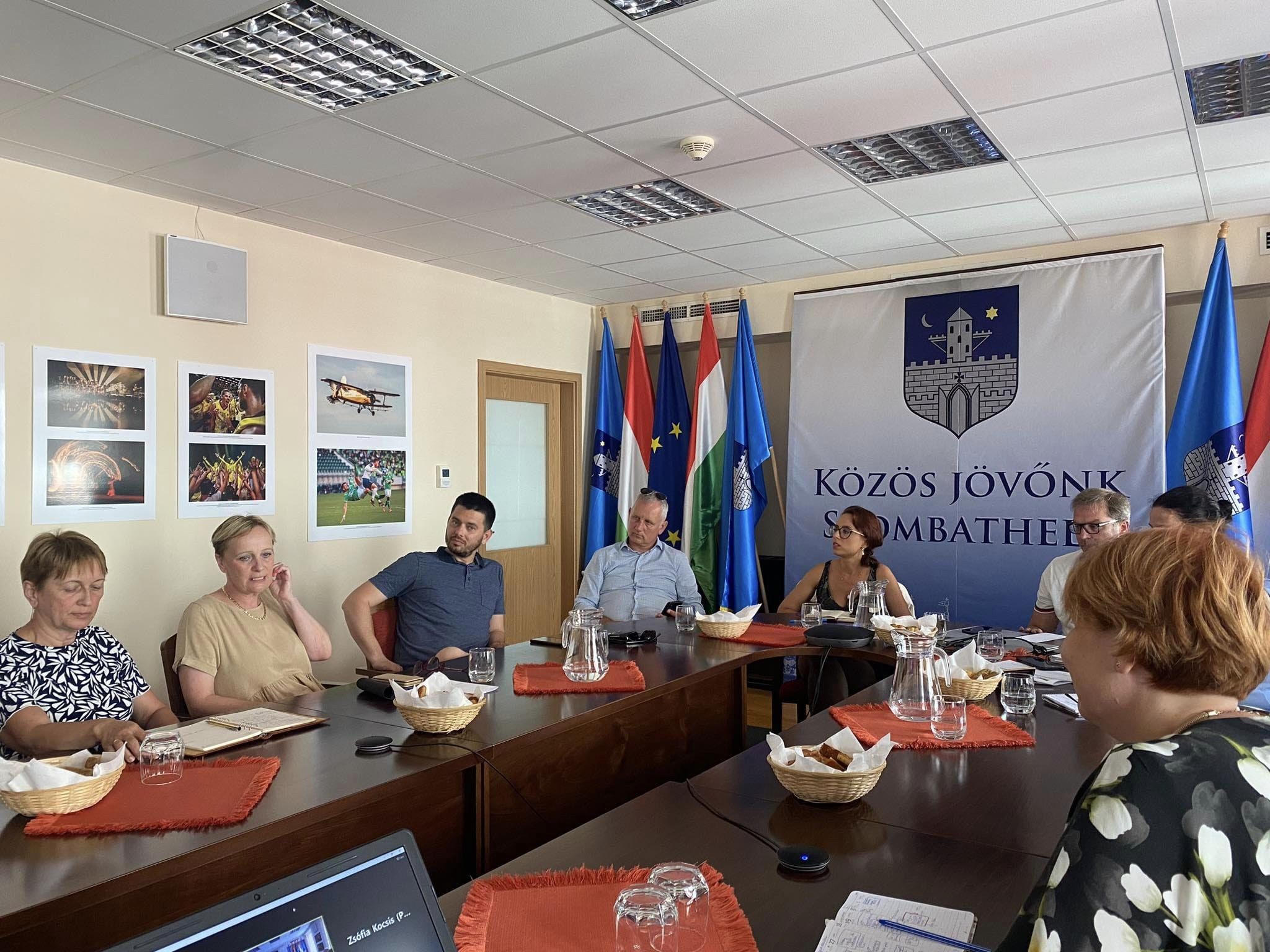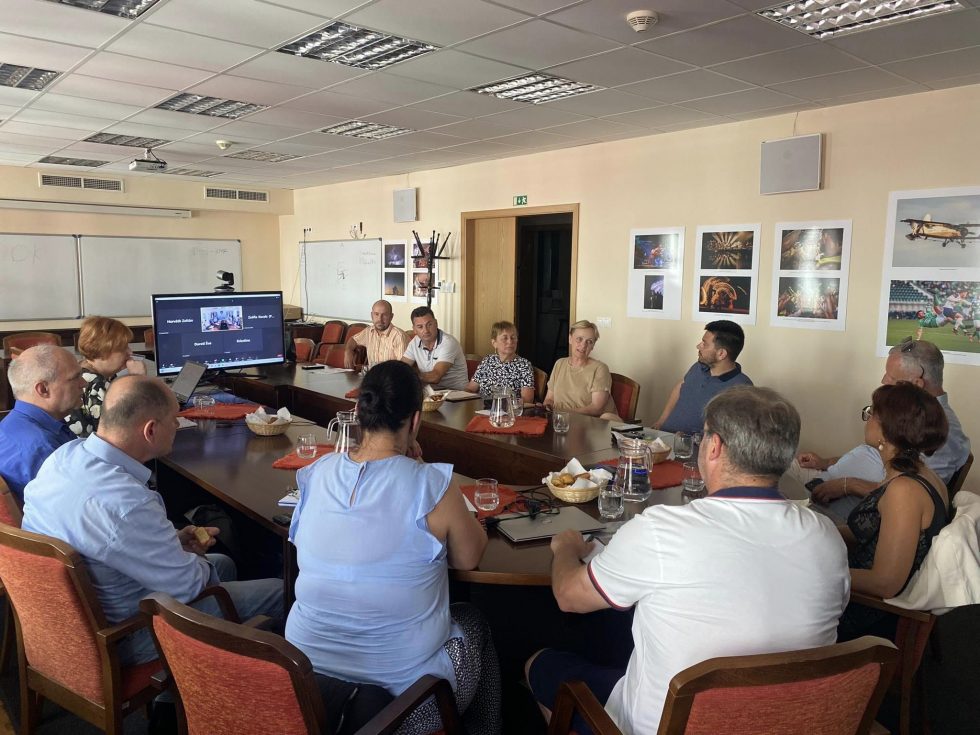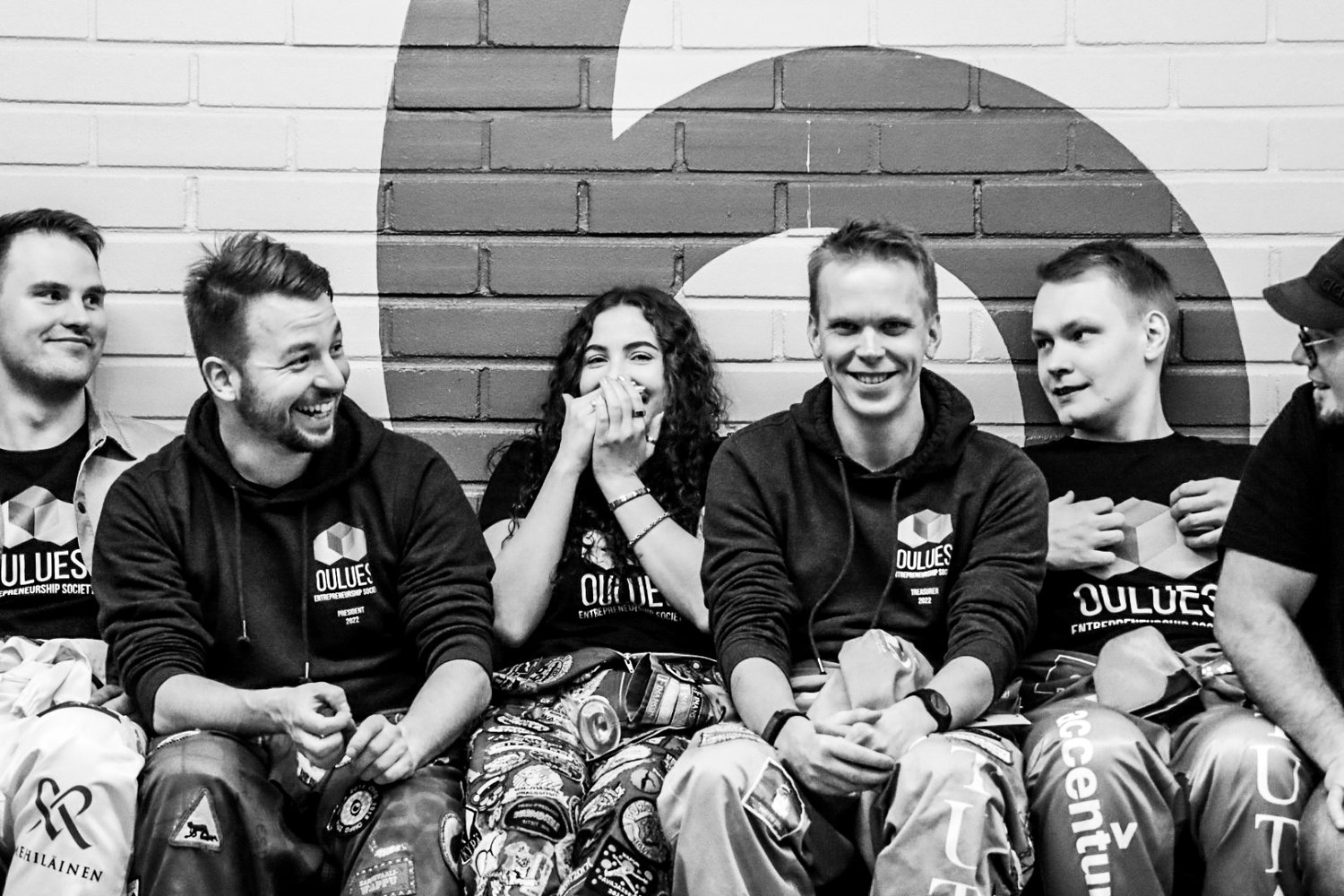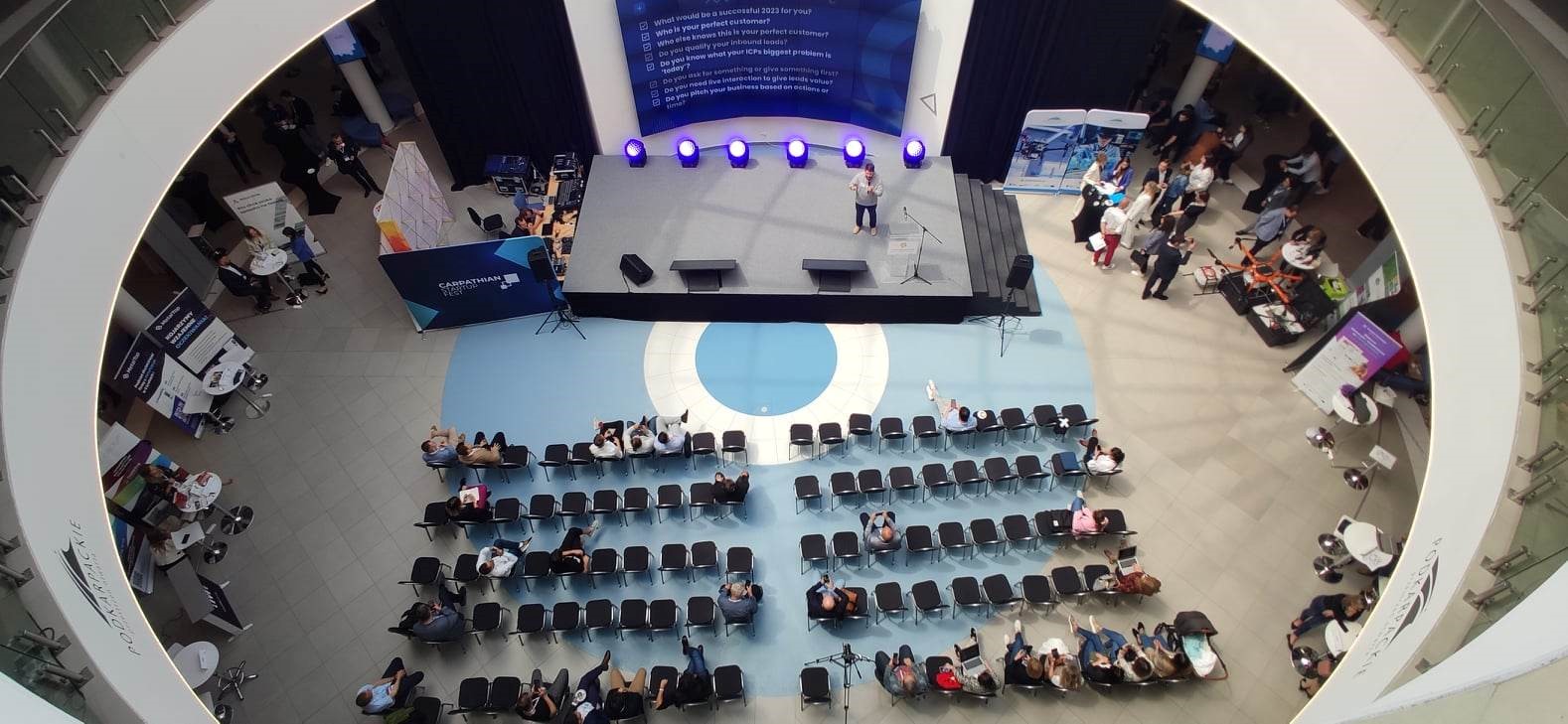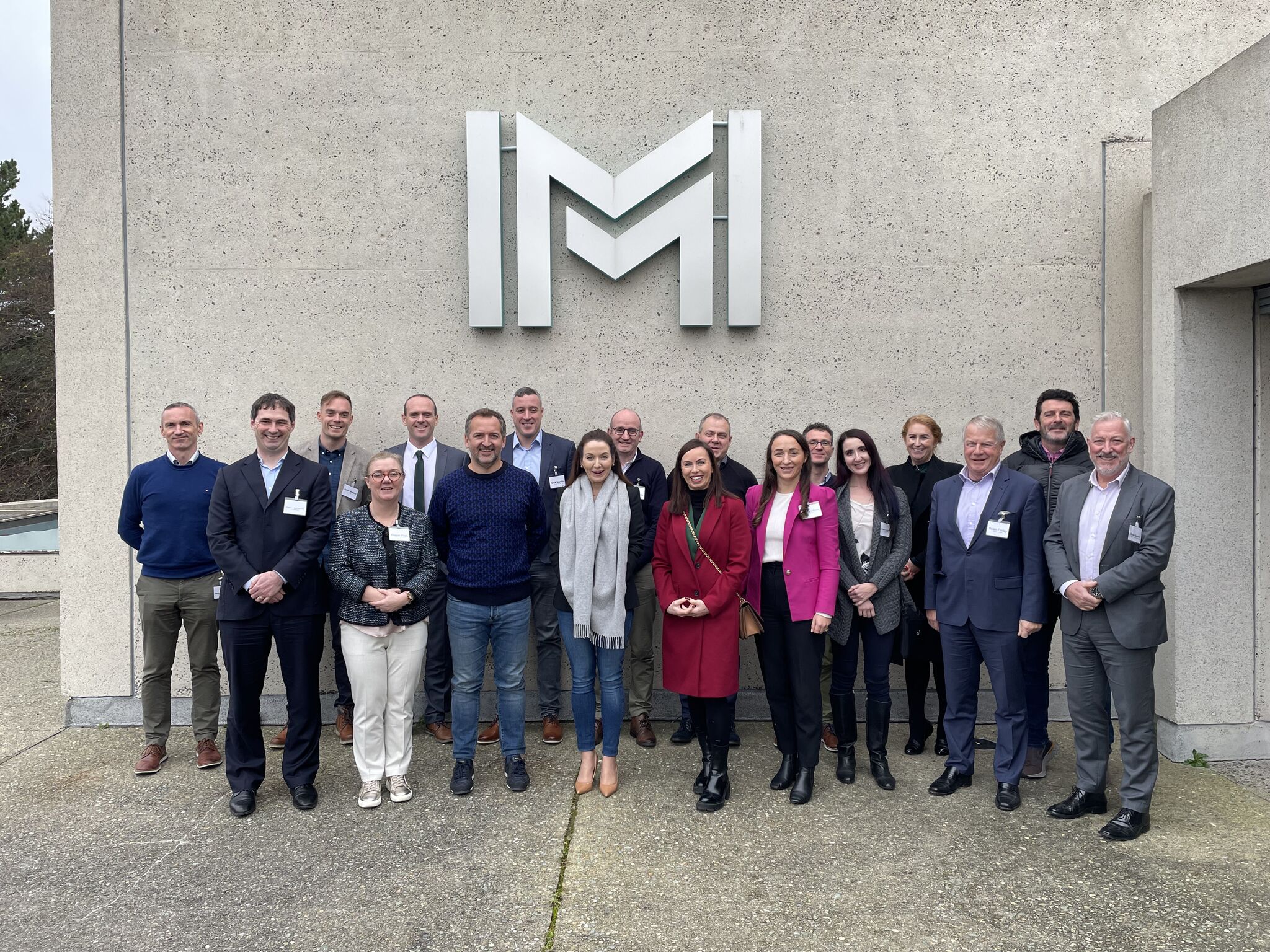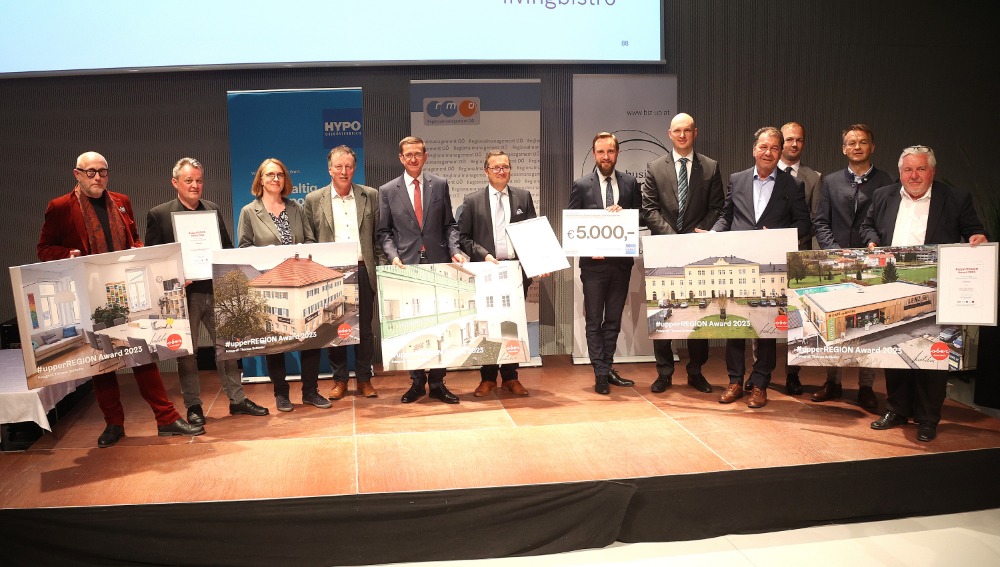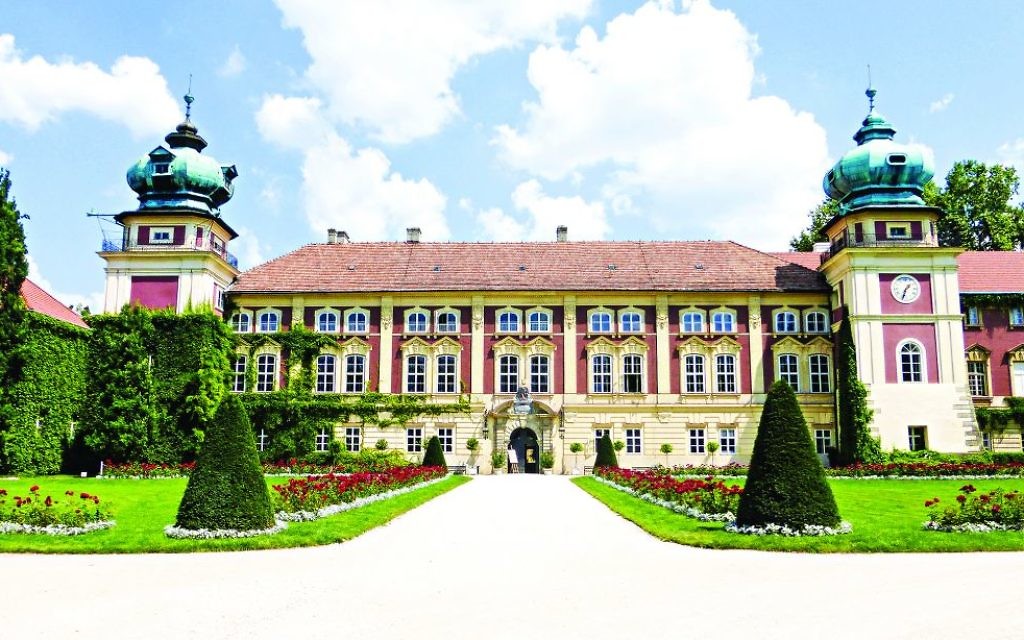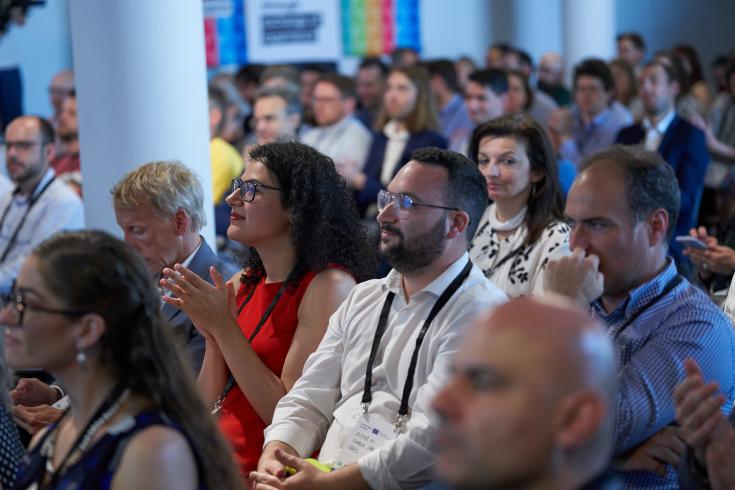At the end of September, the Upper Austrian business location agency Business Upper Austria invited participants to a hybrid seminar that focused on the importance of industry clusters. Representatives from four project partners were present in person and around 30 people participated online.

Clusters represent a local concentration of capacities and competencies which, with their good knowledge of markets and trends, offer an ideal breeding ground for the identification of transformative activities - and that across industry boundaries. Through quickly and flexible actions clusters can play an important role in supporting resilience of a business location. Especially the current crisis situation proved, how cooperative networks can handle the upcoming challenges. They are able to take needs-oriented and suitable measures and thus make an effective contribution to the future resilience of the value chains in their respective sectors and regions.

John Hobbs, project coordination of FOUNDATION, Senior Lecturer Economics at Munster Technological University (MTU), gave a short update on the FOUNDATION project and provided some new data on mapping and analysing a cluster ecosystem over a three-year period and how they have e.g. solidified their customer base.

In his keynote speech, Christian Altmann, Head of Cluster and Cooperation, illustrated how Upper Austria was able to successfully overcome the corona crisis without a worst-case scenario occurring in individual sectors. The clusters of Business Upper Austria played an important role in this. They not only served as information hubs and formed (keyword: networks) a very dynamic and offensive force to prevent a total economic crash. The networking across many sectors and the associated maintenance of important supply chains ensured that Upper Austria was able to show better labour market data in the summer of 2021 than before the corona pandemic. A key feature of the Upper Austrian cluster policy was a top-down approach in the starting phase of the clusters, for example the close connection with the strategic program of Upper Austria, or the high level of start-up funding from the public sector in the first few years of the respective cluster. However, it was clear from the start that politics would concentrate on the design of the framework conditions for clusters and that the operational management of the clusters should be strongly dominated by the partner companies. The self-financing of the clusters has been gradually increased, appropriate advisory board structures have been established to control the clusters, and a focus has been placed on customer orientation and cross-company cooperation.
This all made it possible to establish a long-term strategy which, unlike many other clusters in Europe, has been very resilient to fads coming and going in innovation policy. We were always focused on initiating cooperation between the partner companies over the past 20 years.
“As a consequence of the stable framework, we had also enough time to develop a differentiated business model over time, which is essentially focused on building stable relationships between the partner companies with a specific and coordinated set of activities and services”, reports Christian Altmann. “The more intensively the participants in a value-added network interact with one another, the stronger the trust in one another grows, and more and more companies work together on new, innovative solutions and this leads to a higher resilience of the network as a failure of one company can easily be replaced by another company within the value network. But without trust and experience how to cooperate such network might not even grow as the relevant partners don’t find each other!”, he continues.
After an interesting keynote three cluster representatives (Elmar Paireder, cluster manager of Mechatronics Cluster; Wolfgang Kurz, project manager of Automotive Cluster; Nora Mack, cluster manager of Medical Technology Cluster) presented some of their initiatives in detail and discussed with Tanja Spennlingwimmer, head of Investor and Location Management at Business Upper Austria, among other things on location challenges, location resilience and innovation.


